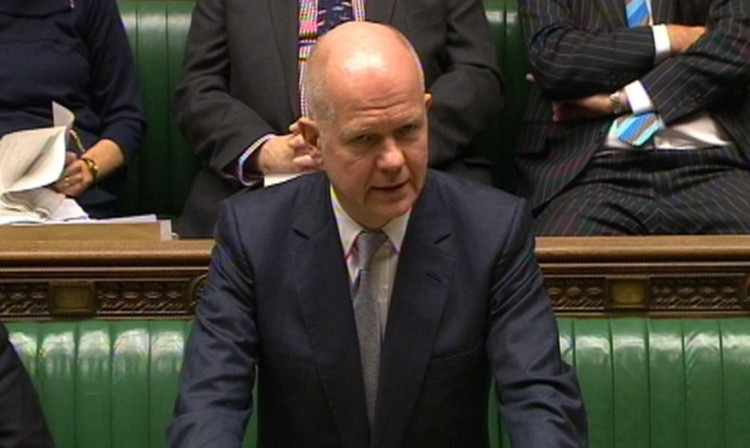Iran should be given the chance to show that it has given up its ambition of acquiring a nuclear weapon, Tony Blair has said.
The former prime minister said he understood why Israel was “deeply sceptical” of the deal struck in Geneva between Tehran and leading international powers.
However, he warned that the only alternative to a negotiated agreement was military action to forcibly prevent Iran developing nuclear weapons.
The deal struck in the early hours of Sunday morning, commits Iran to curbing its nuclear activities for six months in exchange for limited and gradual relief from some sanctions, including access to £2.5 billion ($4.2bn) from oil sales.
Despite the opposition of Israel and other countries in the region, such as Saudi Arabia, Mr Blair said he believed they would give the Iranians a chance to show they were serious.
“If they are engaging and we are going to have this negotiation, we should give it a chance to work because otherwise the alternatives are all pretty ghastly,” he told the BBC World Service.
“I think most people in the region will say, ‘OK, we understand why,’ because the alternative frankly is military action to stop the Iranians acquiring nuclear weapons capability.
Meanwhile, Foreign Secretary William Hague faced down critics of the deal, telling MPs it would have been a “grave error” not to attempt a diplomatic deal.
Critics of the agreement would inevitably point to the easing of about $7bn (£4.3bn) worth of sanctions on Iran, Mr Hague said.
But in a statement to MPs, he said reaching a deal for the first time in a decade was a milestone on the path towards a full deal to halt Iran’s nuclear weapon ambitions for goods.
“The fact we have achieved for the first time in nearly a decade an agreement that halts and rolls back Iran’s nuclear programme should give us heart this work can be done and that a comprehensive agreement can be attained,” he said.
“On an issue of such complexity and given the fact to make any diplomatic agreement worthwhile to both sides it has to involve compromises, such an agreement is bound to have its critics and its opponents.
“But we are right to test to the full Iran’s readiness to act in good faith, to work with the rest of the international community and to enter into international agreements. If they do not abide by their commitments they will bear a heavy responsibility.
“But if we did not take the opportunity to attempt such an agreement, then we ourselves would be guilty of a grave error.
“It is true if we did not have this agreement, the pressure of sanctions on Iran would not be alleviated at all, but it is also true there would be no restraint on advances to their programme, no check on their enrichment activity and stockpiles, no block on their addition of centrifuges, no barrier to prevent them bringing into operation their heavy water reactor at Arak and no limitation on the many actions that could take them closer to a nuclear weapons capability.”
